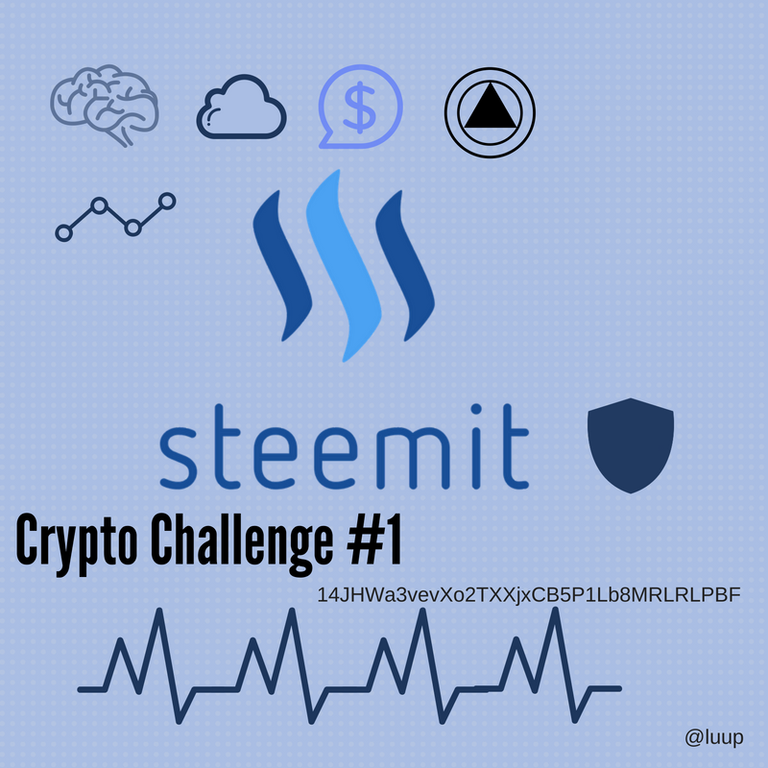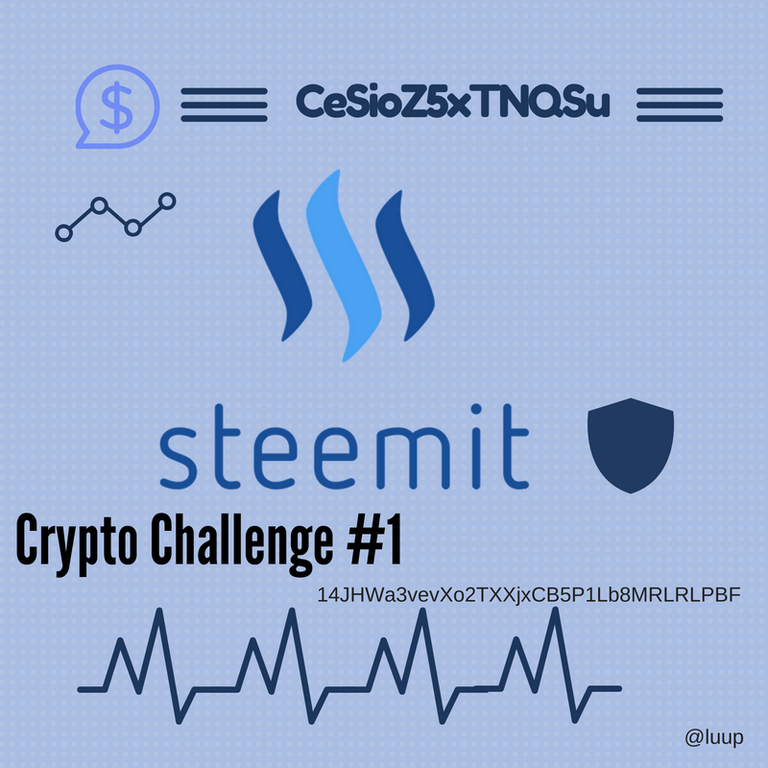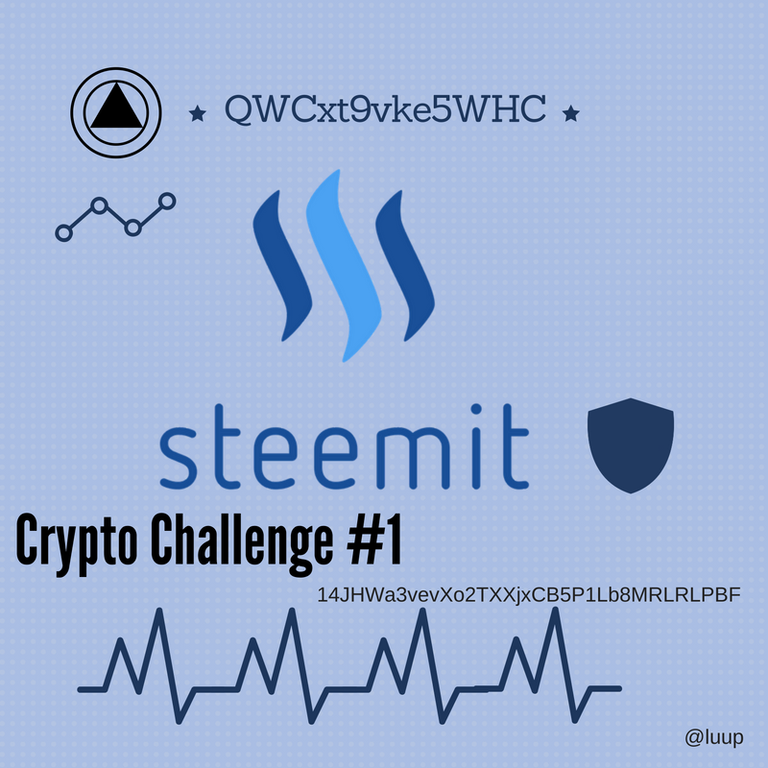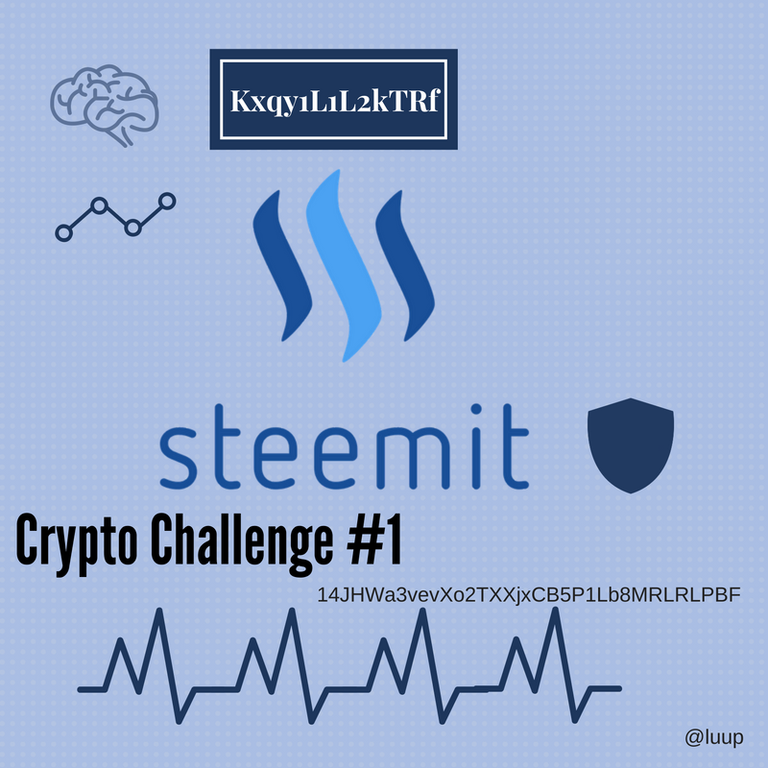
This post is meant to be both fun and educational.
The usability criticism on traditional digital currency is that it is overly complicated and doesn't engage (or make sense to) 'non-technical' folks. This post is aimed at anyone who would like to play along with the basics of Bitcoin. In the image there is a public address which has been initially loaded with 3 USD (0.004248 BTC). The experiment/demo also serves to demonstrate how hackers steal bitcoin (something often reported in the news). Basically the private key gives access to the balance in the corresponding (public) address or wallet. Multi-signature wallets would be a mitigating option forcing more than one key to be compromised (more challenging if these are on separate devices).
I will post updates in comments regarding the balance, and if nobody claims the small amount, I will move it towards future challenges along with any funds gained through this post. At some point in future it will be interesting what the balance needs to be fore someone to go and claim it.
The current balance can be checked online here:
https://bitref.com/14JHWa3vevXo2TXXjxCB5P1Lb8MRLRLPBF
or:
https://blockchain.info/address/14JHWa3vevXo2TXXjxCB5P1Lb8MRLRLPBF
To demonstrate how sensitive private keys are to crypto currency, here is the associated PRIVATE KEY (broken up into 4 parts that will need to be rearranged to create a valid key). HINT 1: The sequence of the four elements at the top of the first image must be maintained. HINT 2: The case (upper/lower) of the last letter in the last sequence must be switched.




Kxqy1L1L2kTRfNpHKLPwk3nA48CeSio75xTNQSuQWCxt9vke5WHc
Truth is, I can't really trust the source of this Bitcoin, to associate it with my account. Also, seems like it's rather difficult to import private keys nowadays in most clients or services - maybe a tutorial from you will be worthwhile?
You raise a great question regarding 'fungibility' which is another drawback for Bitcoin. Basically means nobody cares who owned their USD cash bill before, but people are concerned about Bitcoin. I believe DASH is designed to solve for this and make the currency fungible (so all coins are generic - and the individual history/source of funds is made irrelevant). Next tutorial challenge I will use DASH, although not sure if it is any easier to import Private Keys on their platform. This also highlights the experiment/observation component of this challenge - how much value will be attractive enough to import this Bitcoin balance, and how long before someone to takes it (if ever). This exercise also raises interesting applications in communal micro-funds distribution - useful for decentralizing and optimization (assuming we can solve for potential abuse / taking of funds by those other than who were the intended users).
HINT 3: test out the key you transcribe and solve to ensure it matches the PUBLIC Address associated in the image. Please comment on the site you used in order to do this, I have used bitaddress.org before and wondering if any others are good.
@dek is very close!